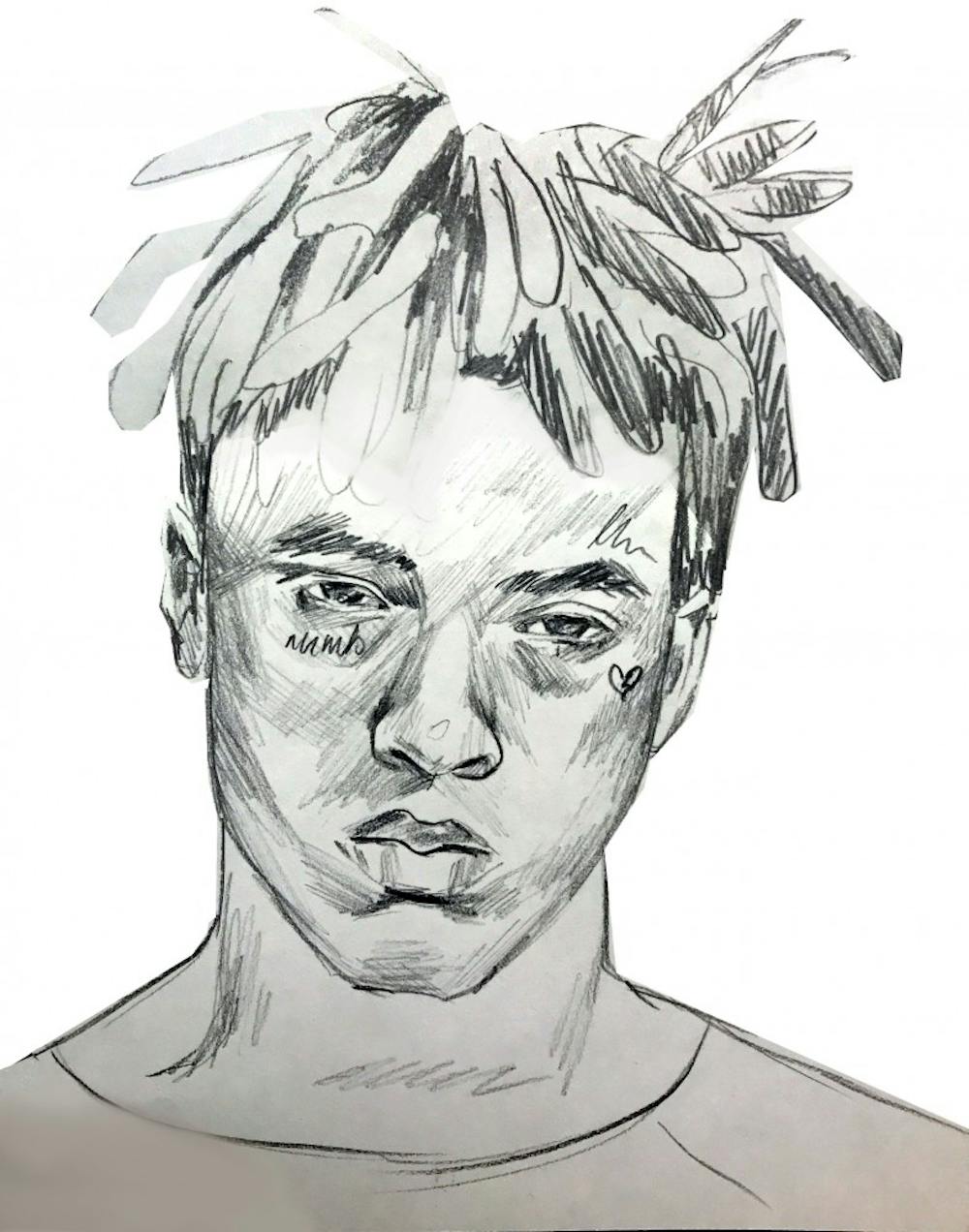The dilemma in listening to controversial rappers has been a hot topic for the past couple weeks. Noisey, Vice’s music blog, published an article on the topic, and renowned music vlogger Anthony Fantano gave his personal thoughts on the issue. Their general consensus: by listening to controversial artists, you are thereby helping them avoid the consequences of their actions, so it's best not to listen to them at all. Though these critics have helped spotlight the conversation, they tread rather lightly. It's this ‘lightness’ that prompts a new standard for listeners to adhere to: if you're a true defender of the sexually abused, you cannot promote the music of the abuser.
Abuse is nothing new to the music industry. Artists have been accused of sexual misconduct since record companies became monster entities. John Lennon, David Bowie, and countless other music ‘gods’ are well–known for strong rumors of domestic abuse. However, as these issues were not as prevalent in the media 60 years ago, these cases got swept under the rug. Now, even when listeners are well aware of the fact that legends like James Brown were repeated offenders of domestic abuse, it doesn't seem to faze the general public. Some may argue: if these artists have passed away, is listening to their music truly harming anyone? While the artists cannot face trial from the grave, these artists were abusers and avoided consequences due to their societal status.
Artists of today are no different. Here's a list of current chart–toppers who have faced a criminal charge related to sexual or domestic assault:
(DISCLAIMER: All links may show videos and/or detailings of graphic content)
- Kodak Black: charges of criminal sexual conduct and sexual assault
- XXXtentacion: domestic abuse of girlfriend
- Famous Dex: domestic abuse of girlfriend
- NBA Youngboy: domestic abuse of girlfriend
- 6ix9ine: pedophilia charges
These artists aren't on the fringes of music. Rather, these are some of the most popular current rappers. These charges did not just pop up in the past couple weeks. Many of these charges have existed for years during their rise to fame. Some may even consider them part of the reason the musicians were brought into the spotlight, as controversy leads to heavy publicity. These aren’t just one–time ‘mistakes’ but rather repeated offenses, and this is only what was caught on camera. Despite widespread information on these rappers' charges of sexual abuse, they have dodged societal punishment—a clear benefit of their fame. Fame created by the millions of uncaring listeners who would rather have some bangers than see these people behind bars.
Continuing to support these artists not only economically and socially provides for them but discredits the abused. Think of all the women out there too afraid to say anything due to the fear of fan hate. When looking at the Chris Brown fanbase, even today, he has fans defending his beating of Rihanna just because they are infatuated with his singing, looks, and dance moves. How are women supposed to push their cases forward while living in a constant fear of death threats and social media chastisement? How does one look for support from friends when they too will face the same fate? In the end, many opt to do nothing out of hopelessness.
Anthony Fantano stated in his controversial video, “Consuming the art of someone who has done something awful doesn’t directly hurt anyone.” He could not be any more wrong. Consuming their art is directly hurting those abused by those artists by forcing them to view their abuser's continual rise of fame. In supporting these artists, fans are allowing them to avoid consequences for their actions and most likely continue to inflict those same abuses on other victims.
In the end, it's a strictly moral issue. Listeners have complete freedom over what they choose to not listen to. However, if you are an advocate for the abused, it is rather ironic for you to support these artists. There is clear evidence that these artists have committed the abuse and continue to glorify it through song. If you want to see legitimate change in all industries that mark up a person as untouchable, you cannot continue to listen to these artists. The money in their pockets is a direct consequence of your support. Even if they make great music, it is your job as a member of a society against sexual and domestic abuse to do what you can to discredit their ability. Take a stance; don’t listen to abusive rappers.

